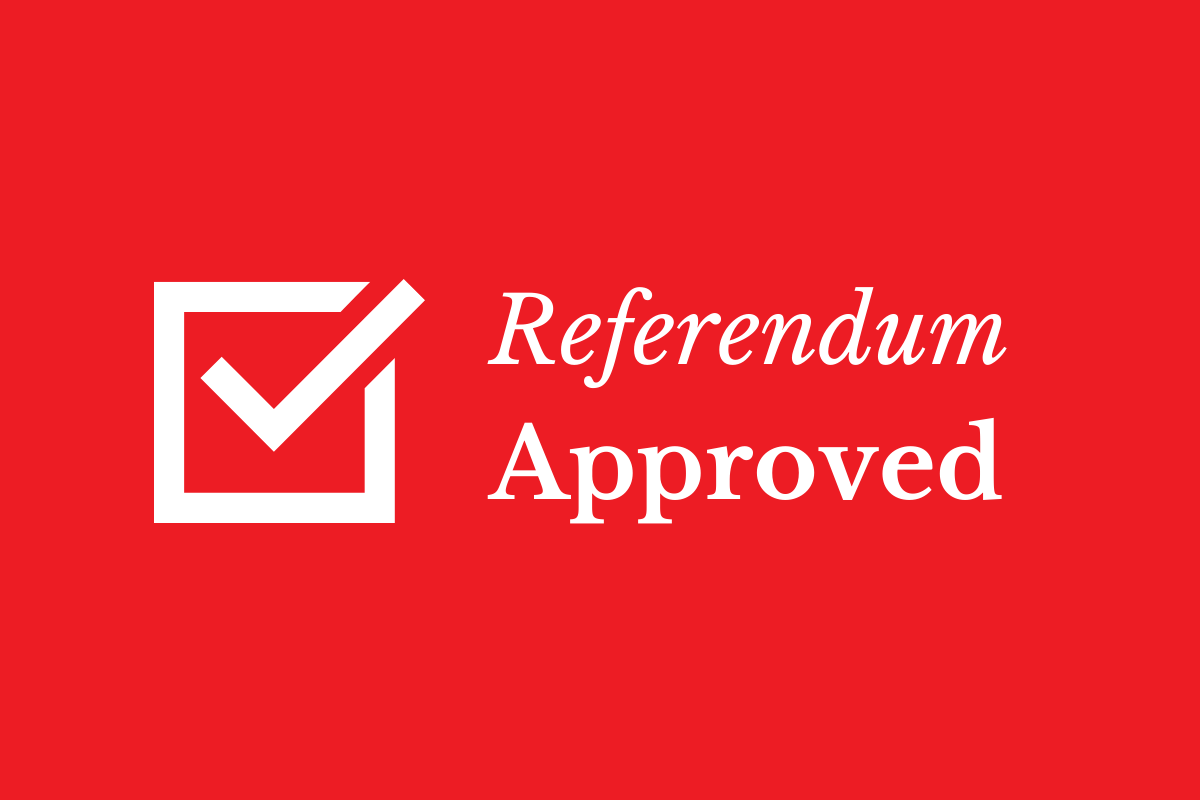By Aidan McClure
I will not be voting this year. I’m 17 years old though, so it’s not too big of a deal. Most people reading this will also be too young to vote, so I’m not sure if it really even makes sense to write about voting with this audience. Or to be one of those people who screams into the scared void: You. Must. Vote. So what’s wrong with telling people to vote? Well really, voting’s a bit empty. It’s a bit difficult to see the impact behind it. It’s just not doing enough.
I hope people don’t get too mad hearing me voice the idea that voting isn’t doing that much. It’s just that in New York’s 17th congressional district, there’s not much that voting really carries with it — other than a sense of accomplishment I guess. It’s pretty damn likely that this district will go Democrat to elect Mondaire Jones (who will be a tie for the first black, openly gay congressman) and will punch its ticket for Biden/Harris (all of this alongside the unopposed election of two incumbents to the state legislature). So what’s the point of voting in Irvington if it’s gonna go blue either way? I guess it’s better to do it than not. I guess if no one voted, then we’d get something worse than what we have. I guess “just vote, idiot” is better than “just stay home, dummy.”
And in 22 other states, it will be largely the same. In these states, the only laws that will be passed are those voted on by elected representatives, meaning that in almost half the states in the country, the only thing you can vote for is a wing and a prayer, a hope that maybe the person you’re voting for will pass all the right laws and do all the right things, a pretty unlikely hope if you ask me.
And it plays out just about like you would expect: elected representatives are rarely perfect in advocating for the beliefs of their constituents; however, as Yoda said, “there is another.” Opportunities for citizens to vote directly on their own laws tend to be far more progressive in outcome, or at least more representative of public opinion, than republican legislation. These are referenda or ballot initiatives. And in 27 states, they are used to pass important laws. For example, today, 66% of voting adults support the legalization of marijuana for recreational use, and this fact is reflected in its legalization through referenda in nine states and through legislation in only two. In Puerto Rico, statehood referenda have garnered more than 70% of the voting population, and referenda are used widely in other countries, like Switzerland where there has been up to 90% voter turnout on hot issues like abortion. In Australia, a referendum legalized gay marriage in a largely permanent law — a permanence that it turns out we might not have in the United States with our volatile Supreme Court. Considering the turmoil of new justices, perhaps it would’ve been better to more directly bind the decision of legalizing same sex marriage with the will of the people.
But whether or not they truly reflect the progressive spirit of the people is debated by some. Many point to the rejected peace deal in Colombia that left the fate of violent rebels in limbo. They point to the authoritarian constitution of Cambodia which granted legitimacy to that country’s military regime. And who would leave out Brexit — the prime example of the disastrous way that popular votes can be used to promote reactionary ideas. Each one of these votes suffered from manufactured right wing narratives which swung the votes in ways that undermined the democratic intention of the process with false parallels and misinformation. But when properly carried out in a truly democratic fashion, referenda are shown to involve voters in democracy and are more often a progressive force than a regressive one. If a referendum had been held with unbiased reporting on the topic, it is unlikely that they would have carried the same results.
Objections to referenda are most commonly related to voter disenfranchisement and fabrications of narratives by (usually right wing) politicians. In a truly free and fair election, neither of these will happen. If a referendum is properly executed following principles of democracy and justice, it is unlikely to be wielded by the powerful in order to manipulate their constituency. If a referendum is properly executed following values of freedom, equality, and solidarity, the types of values on which the ‘free world’ is supposedly built, referenda are tools to exercise the will of the people. A tool that is dearly needed.
This essay is part of The Paw Print’s ongoing op-ed series on the issues that matter to the 2020 Presidential election






Be First to Comment